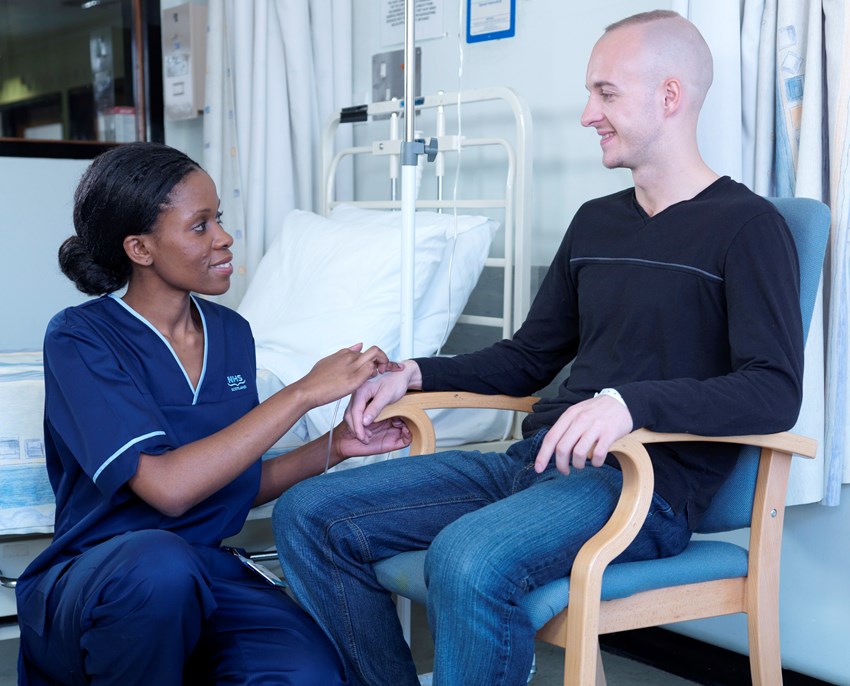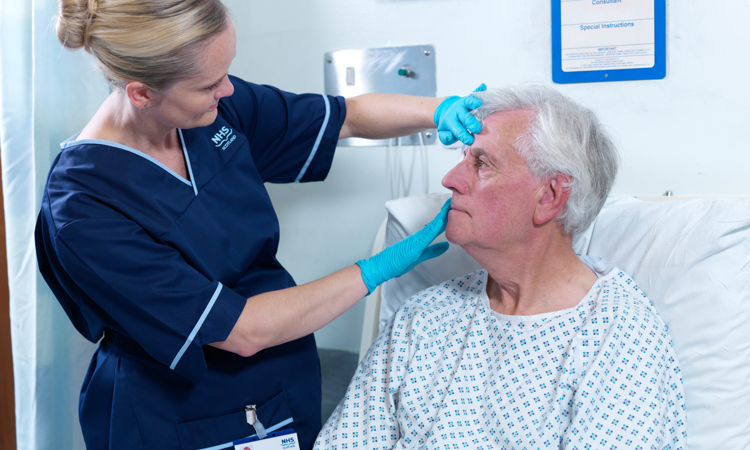Previous
Operating department practitioner
Nurses are core members of the multidisciplinary team working in prison healthcare centres. Nurses working in prisons help patients to understand their diagnoses and treatment and support their general health and wellbeing.
Prison nurses come from various nursing backgrounds, including adult, mental health, and learning disability. The multidisciplinary teams have newly qualified and highly experienced nurses, and there are also rotational opportunities.
To become a nurse in a prison, you will first need to qualify in one of the following disciplines:
You must be on the Nursing and Midwifery Council (NMC) register and hold appropriate nursing qualifications. There are no prison-specific nursing qualifications.

As a nurse in a prison, you’ll work as part of a multidisciplinary team, providing holistic, person-centred care to people in prison. Due to the nature of prison healthcare, you’ll provide a hybrid of primary and secondary care services.
You’ll work in many areas, including:
People in prison could be aged 16 to 86 years old. They come from all parts of society and often have multiple health conditions. You’ll have lots of opportunities to provide high-quality care to improve people’s health and wellbeing and help to address health inequalities.
You’ll deliver healthcare interventions to support patients in coping with illness, treatment, and recovery by assessing their needs, writing care plans, and monitoring progress.
Depending on what type of nurse you are, your role will vary. However, nurse-led tasks in prison include:
Other tasks you will do will depend on whether you are registered as an adult, mental health, or learning disability nurse.
You’ll need these skills:
Prison nurses work with other healthcare professionals, including:
The Scottish Government has produced the following 4 studies into the needs of Scotland’s prison population:
NHS Health Boards offer great training opportunities and career pathways with the prison healthcare team. As a senior nurse, you could complete further accreditation and become a non-medical prescriber.
You could also complete the Graduate Diploma in Integrated Community Nursing. There are 2 universities in Scotland which currently offer this. They are:
There are also local opportunities for learning and development with universities and shadowing opportunities with specialist services. You could then move into a role as a specialist nurse or an advanced nurse practitioner, as well as opportunities to move into a management position.
To become a nurse in a prison, you must be registered with the Nursing and Midwifery Council (NMC).

Discover the skills and qualifications you’ll need for each role and what the work will be like.
Explore careers
Our blog includes how-to guides, case studies, and career resources.
Discover more